Disclosure: This article contains affiliate links. We may earn a commission from purchases at no extra cost to you, which helps our travel content.
The morning sun casts long shadows across the cobblestones as I trace my fingers along the ancient walls of Rhodes Old Town. There's something magical about being here before the cruise ships arrive, when the medieval streets still belong to locals opening their shutters and the occasional stray cat stretching in patches of sunlight. Having studied Mediterranean civilizations for years in dusty university libraries, standing within these 14th-century walls feels like stepping directly into my dog-eared textbooks. Rhodes' Old Town isn't just Europe's most intact medieval city—it's a living palimpsest where Byzantine, Ottoman, and Italian influences layer upon each other like archaeological strata. After three visits across different seasons, I've finally cracked the code to experiencing this UNESCO World Heritage site beyond the tourist shuffle. Whether you're history buffs seeking romance among ancient stones or simply a couple wanting to wander hand-in-hand through time, this guide will help you discover the authentic soul of Rhodes Old Town during the perfect season: spring.
Navigating the Medieval Time Capsule
Rhodes Old Town isn't merely a historical site—it's a labyrinth of 200+ nameless streets where getting lost is part of the experience. The first time I visited, I arrived with a meticulously plotted map and itinerary, only to abandon both within an hour. Now, I recommend embracing disorientation as your primary navigation strategy.
The town divides naturally into two distinct zones: the northern Collachium (once home to the Knights of St. John) and the southern Burgum (where ordinary citizens lived). The Street of the Knights (Ippoton) forms the most impressive thoroughfare, a perfectly preserved medieval avenue where seven different 'tongues' (nationalities) of knights maintained their inns. Walking its slight incline toward the Palace of the Grand Master feels like traversing the 14th century—especially if you visit before 9 am or after 6 pm when the day-trippers have departed.
During my last visit, I discovered that the most magical moments happen in the spaces between major attractions. Duck through any archway that catches your fancy; these passages often lead to hidden courtyards where elderly residents tend to potted geraniums or small Byzantine chapels with centuries-old frescoes.
For orientation, I rely on my trusty travel compass which has saved me countless times when Google Maps fails in the narrow streets. The Old Town's massive walls provide excellent reference points when you inevitably lose your bearings—just remember the sea lies east, and the commercial New Town sits to the west.
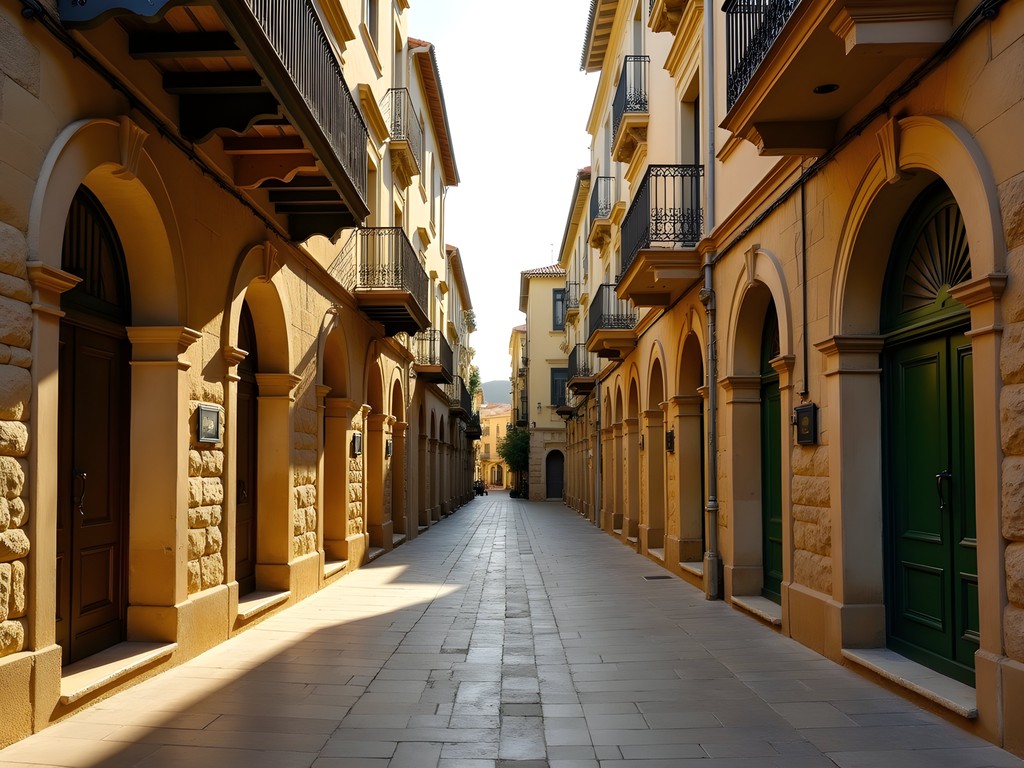
💡 Pro Tips
- Start each morning by orienting yourself using the Palace of the Grand Master in the north and the Marine Gate in the south
- The Street of the Knights is least crowded during the first and last hours of daylight
- If you get lost, look for street signs in both Greek and Latin script—they're rare but helpful landmarks
The Knights' Legacy: Architectural Marvels
The Palace of the Grand Master looms over Rhodes Old Town like a medieval fever dream—part fortress, part royal residence, entirely imposing. What many visitors don't realize is that what we see today is largely a 1930s reconstruction after an ammunition explosion destroyed much of the original 14th-century structure. As an anthropologist, I find this architectural reinterpretation fascinating—the Italian fascist government that controlled Rhodes from 1912 to 1943 reimagined the palace as a holiday residence for Mussolini and King Victor Emmanuel III.
Despite its complicated history, the palace offers an excellent introduction to the Knights Hospitaller who controlled Rhodes for over two centuries. The €12 entry fee includes access to the Archaeological Museum housed within, featuring an impressive collection of ancient Rhodian artifacts. I suggest visiting first thing in the morning (8:30 am opening) to avoid tour groups.
For a more authentic medieval experience, seek out the Knights' Hospital, now housing the Archaeological Museum. The ward where knights once recovered from battle wounds and illness now displays classical sculptures. Standing in this vaulted space, I always imagine the sounds of suffering and healing that once echoed off these stone walls.
My favorite architectural discovery came during my second visit: the Inn of France on the Street of the Knights. Look for the ornate facade with fleur-de-lis emblems and a small courtyard visible through an arched entrance. Each national 'tongue' of knights maintained their own inn, but the French example remains particularly well-preserved.
For documenting these architectural wonders, I've found my compact camera invaluable for capturing the intricate details in low-light church interiors and narrow streets where a larger camera would be cumbersome.
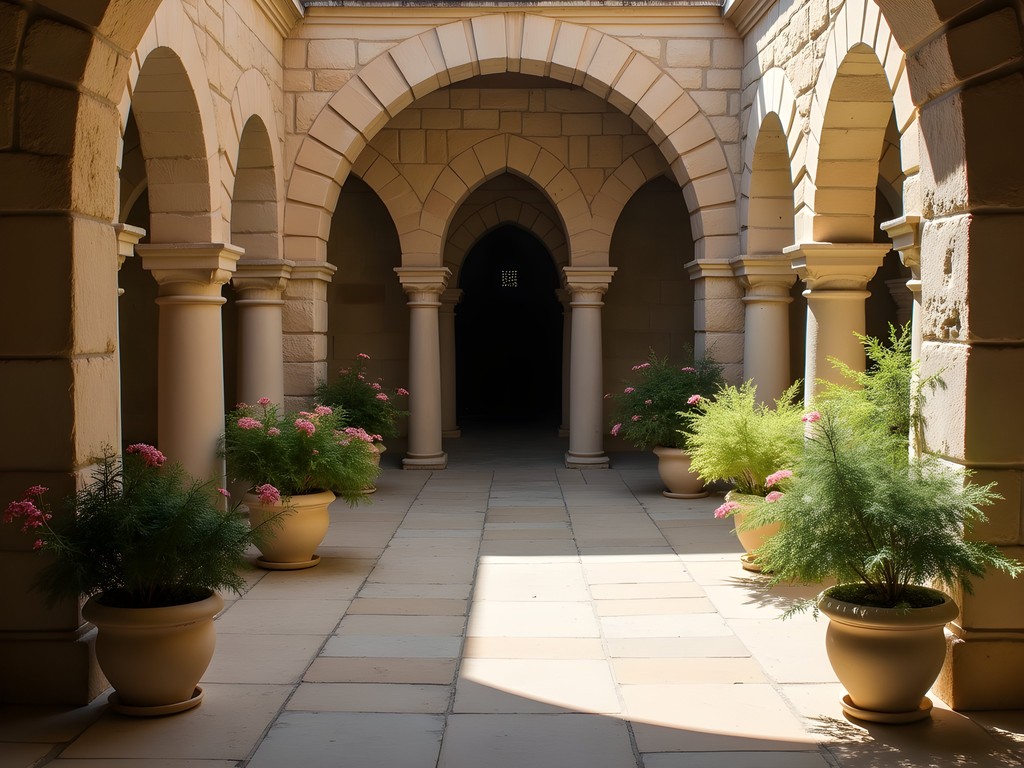
💡 Pro Tips
- Purchase the combined ticket that includes the Palace of the Grand Master and Archaeological Museum for better value
- Visit the Palace of the Grand Master first thing in the morning to avoid crowds and harsh midday light for photos
- Look up! The most interesting architectural details are often above eye level
Beyond the Walls: Secret Gardens and Hidden Courtyards
While most visitors stick to the main arteries of Rhodes Old Town, the heart of medieval life beats in its hidden courtyards and gardens. These pockets of tranquility offer respite from both the tourist crowds and the Mediterranean sun, which can be surprisingly intense even in spring.
My favorite discovery came during my second visit when I followed the sound of trickling water down an unmarked alley near Socratous Street. The passage opened into a courtyard centered around an Ottoman fountain, where an elderly woman named Eleni invited me to sit beneath her pergola draped with wisteria. Though we shared no common language beyond smiles and gestures, she served thick Greek coffee and sesame cookies while showing me black-and-white photographs of the courtyard during the Italian occupation.
For a more accessible secret space, seek out the Municipal Garden just outside the walls near the Palace of the Grand Master. This shaded oasis features peacocks strutting among classical statues and offers a perfect picnic spot. I spent one memorable afternoon here reading about the Ottoman siege of Rhodes while actually sitting where it happened—the kind of immersive historical experience I live for.
The Jewish Quarter in the eastern part of the Old Town contains some of the most enchanting hidden courtyards. Though Rhodes' once-thriving Jewish community was nearly destroyed during WWII, the neighborhood architecture remains distinct. Look for the Star of David motifs on doorways and the restored Kahal Shalom Synagogue with its beautiful courtyard.
During spring visits, I always pack my pocket sketchbook to capture the riot of bougainvillea and jasmine that transforms these medieval spaces. There's something meditative about sitting quietly in a corner that has witnessed centuries of human drama, attempting to capture its essence with simple pen strokes.
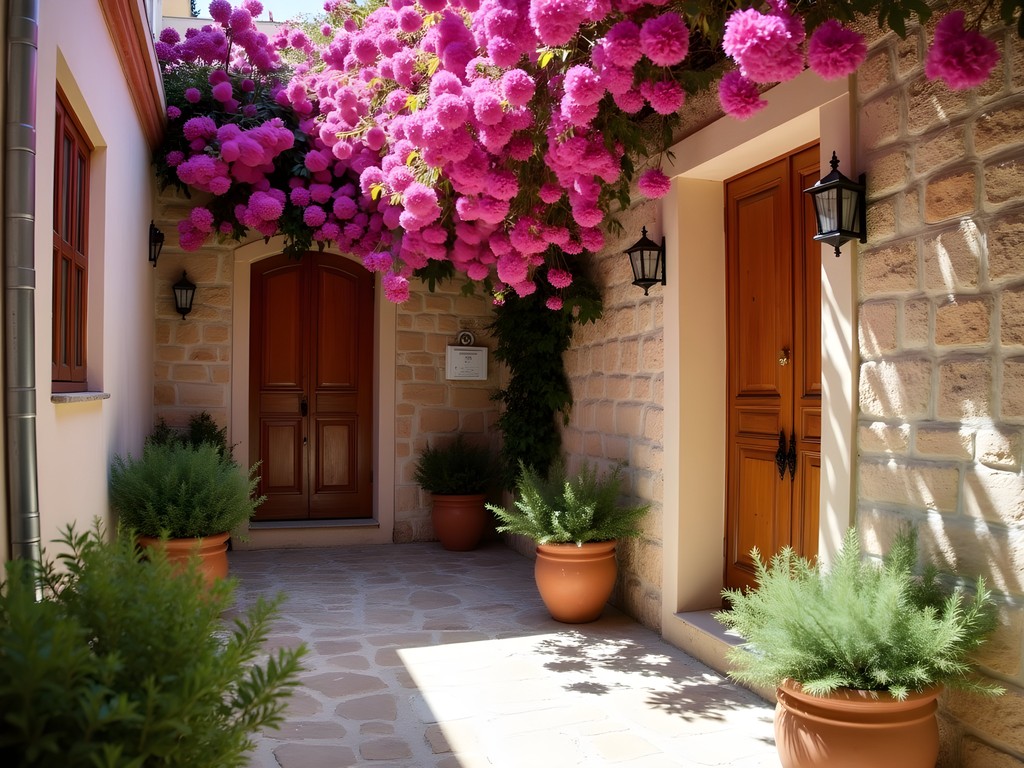
💡 Pro Tips
- Follow any sound of running water—it often leads to fountains in hidden courtyards
- The best-hidden spots are usually found by taking the smallest, least promising alleyways
- Bring a small gift (chocolates work well) to offer if locals invite you into their courtyards
Culinary Time Travel: Tasting Medieval Rhodes
Rhodes' complex history reveals itself most deliciously through its cuisine—a fascinating fusion of Greek, Turkish, Italian, and Middle Eastern influences that tells the story of successive conquests and cultural exchanges. While tourist-oriented tavernas line the main squares, authentic culinary experiences hide in the backstreets.
My absolute favorite discovery is Marco Polo Café, tucked away on Agion Anargiron Street in the Jewish Quarter. Housed in a 15th-century building with a gorgeous courtyard, they serve dishes that could have been eaten during the Knights' era. Their signature 'Medieval Plate' features slow-cooked lamb with honey, cinnamon, and dried fruits—flavors that haven't changed much since the 1400s. Come at lunch to avoid crowds and request seating in the courtyard beneath the ancient mulberry tree.
For breakfast, I bypass the hotels and head straight to Ta Filakia on Menekleous Street, where Mrs. Sophia makes bougatsa (custard pie) using a recipe passed down through five generations. Her tiny shop has just three tables, and everything is made fresh daily. The experience of watching her stretch paper-thin phyllo dough while chatting about the weather in Greek-English hybrid sentences is worth seeking out.
Don't miss the opportunity to try rodítiko glykó (traditional Rhodian sweet wine) at Stoa tou Oinou, a tiny wine shop near the Archaeological Museum. The proprietor, Yannis, offers informal tastings and fascinating stories about how the Knights of St. John maintained extensive vineyards to supply their hospitals with medicinal wine.
For picnic supplies, I always visit the local market on Socratous Street early in the morning. The ritual of selecting olives, fresh bread, local cheese, and seasonal fruits connects you to the daily rhythm of life that has continued within these walls for centuries. For carrying these treasures during a day of exploration, my insulated tote bag keeps everything fresh even during warm spring afternoons exploring the ramparts.
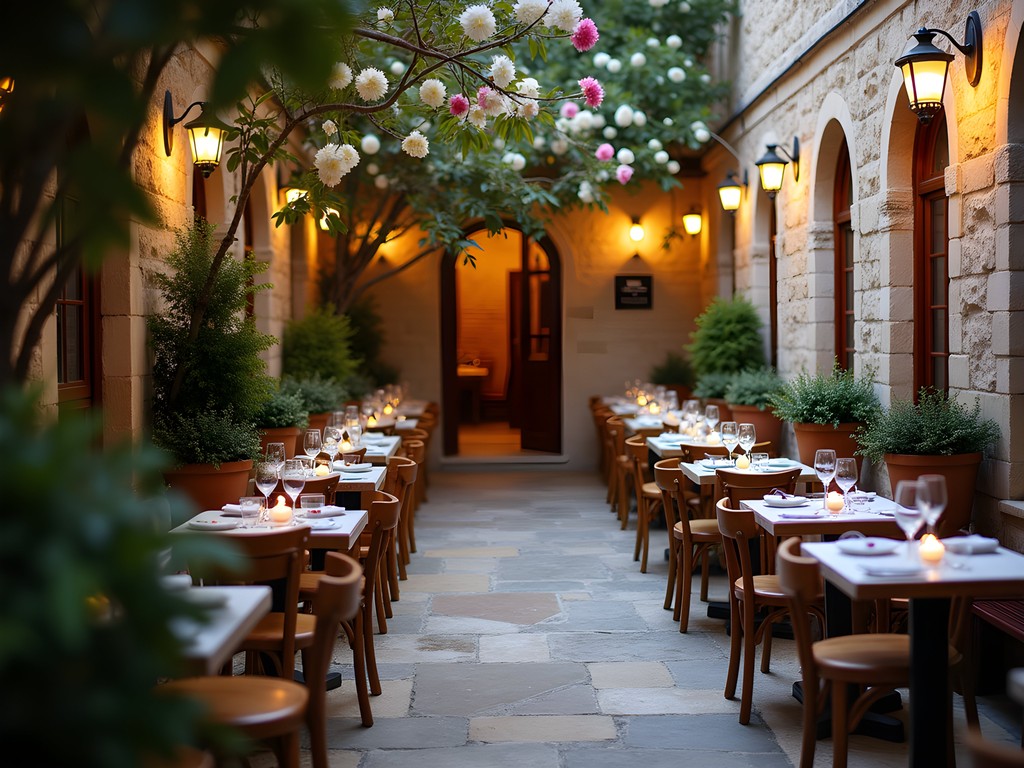
💡 Pro Tips
- Ask specifically for 'local Rhodian dishes' as many restaurants serve generic Greek tourist fare
- Eat at least one meal in the Turkish Quarter near the Suleiman Mosque for authentic Ottoman-influenced cuisine
- The best restaurants have menus in Greek first, then other languages—a good authenticity indicator
Walking the Walls: Dawn Patrol on the Ramparts
The massive fortifications encircling Rhodes Old Town represent one of medieval military architecture's greatest achievements—walls that successfully repelled Ottoman attacks for two centuries before finally falling in 1522. While most visitors glimpse these structures only from ground level, the true magic happens when you walk atop them.
Access to the walls is surprisingly limited considering their historical significance. The main entry point is near the Palace of the Grand Master, where a modest €2 fee grants access to a section running from St. Anthony's Gate to St. John's Gate. What the ticket seller won't tell you (but I will) is that this northern section offers the most spectacular views across both the Old and New Towns, especially in the golden hour before sunset.
My favorite wall-walking ritual begins at dawn—I set my alarm for 30 minutes before sunrise, grab my travel thermos filled with strong Greek coffee, and make my way to d'Amboise Gate on the northern edge. From there, I follow the ramparts eastward as the rising sun illuminates the medieval city, the harbor, and distant Turkish coastline. There's something profoundly moving about standing in the same defensive positions where knights once watched for Ottoman sails on the horizon.
The wall walk offers more than views—it provides crucial context for understanding Rhodes' strategic importance. From this elevated perspective, you can see how the natural harbor shaped the city's development and why controlling this island was worth such enormous military investment. The massive moat (now dry) surrounding the walls demonstrates the Knights' engineering prowess.
Bring your camera, but also take time to simply absorb the atmosphere. During one memorable morning, I watched an elderly Greek Orthodox priest walking to early services, his black robes creating a striking silhouette against the ancient stones—a living connection to the Byzantine traditions that preceded even the knights' arrival.
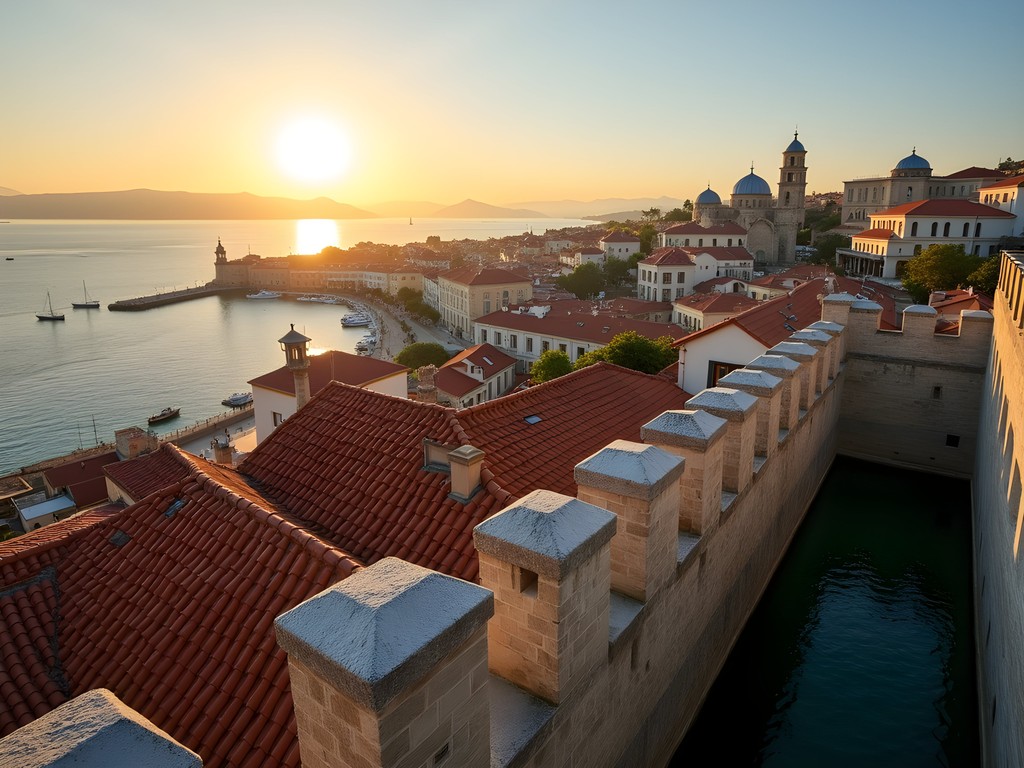
💡 Pro Tips
- Access the walls as early as possible—they're much less crowded before 9am
- Wear sturdy shoes as the walkways are uneven and can be slippery
- Bring water and sun protection—there's little shade on the ramparts even in spring
Final Thoughts
As I lean against the sun-warmed stones of a 600-year-old archway on my final evening in Rhodes, watching swallows dart through the golden light, I'm struck by how this walled city manages to feel both frozen in time and vibrantly alive. The medieval knights who built these fortifications could never have imagined their martial architecture would one day shelter romantic tavernas and artist workshops. Yet there's something appropriate about this evolution—Rhodes has always been a crossroads where cultures meet and transform each other. Your journey through the Old Town will be more than a history lesson; it will be an immersion in the ongoing story of a place where past and present coexist in remarkable harmony. Whether you're tracing the footsteps of knights along Ippoton Street or discovering your own secret courtyard, Rhodes offers that rare travel experience where you return home carrying not just photographs but a deeper connection to the human story across centuries. The stones of Rhodes have been waiting for you—they've been patient for 600 years; they can wait a little longer while you plan your journey.
✨ Key Takeaways
- Spring offers the perfect balance of pleasant weather and fewer crowds for exploring Rhodes' medieval treasures
- The most authentic experiences happen in the early morning and evening when cruise ship passengers are absent
- Getting deliberately lost in the maze of unmarked streets leads to the most rewarding discoveries
📋 Practical Information
Best Time to Visit
April-June and September-October
Budget Estimate
$100-150 per day for mid-range accommodation, meals, and attractions
Recommended Duration
3-4 days minimum to explore thoroughly
Difficulty Level
Easy To Moderate (Some Uneven Surfaces And Stairs)

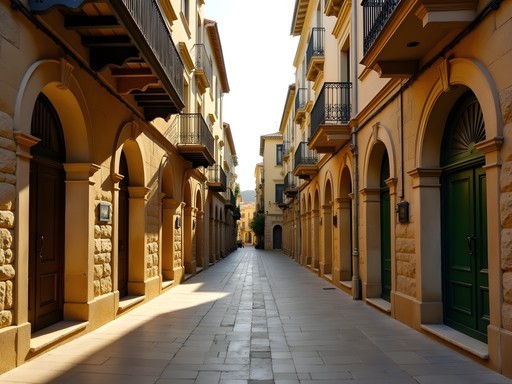
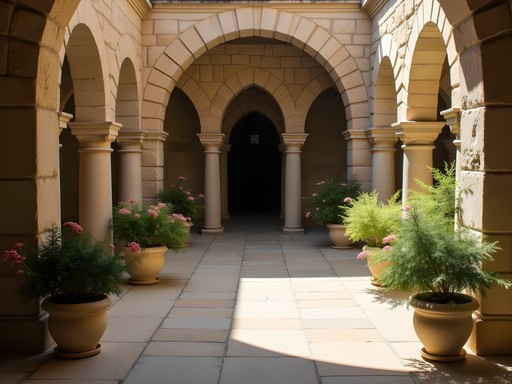
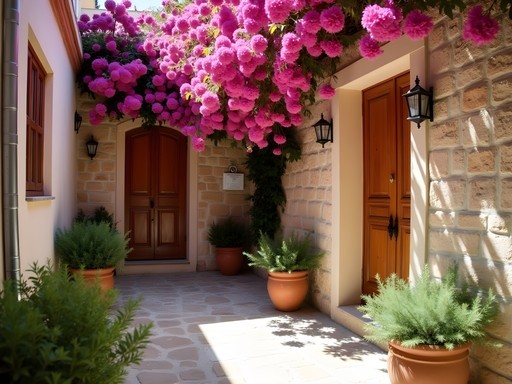
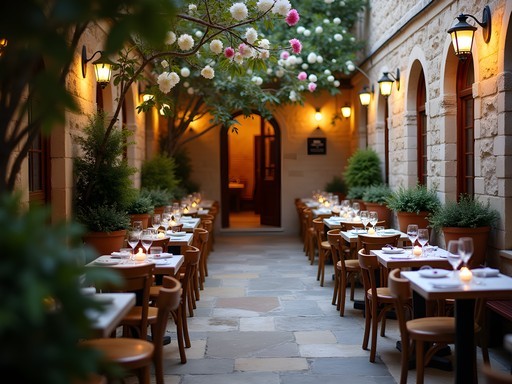
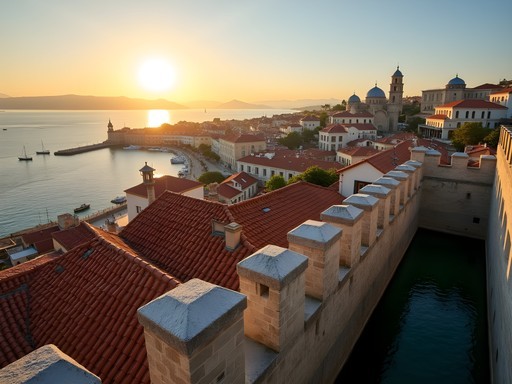


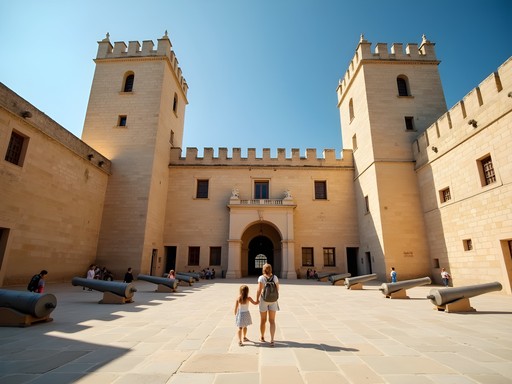



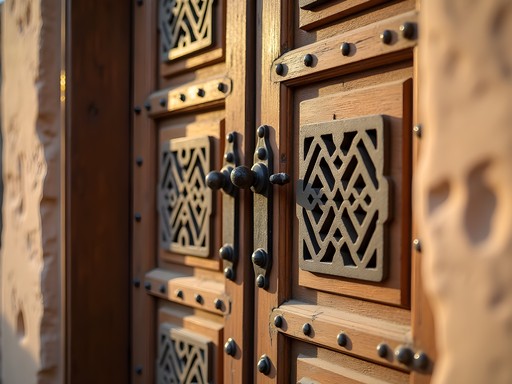
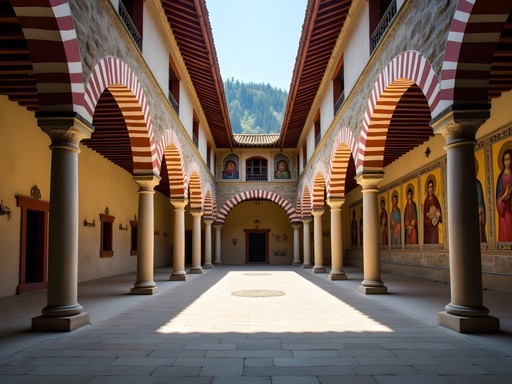
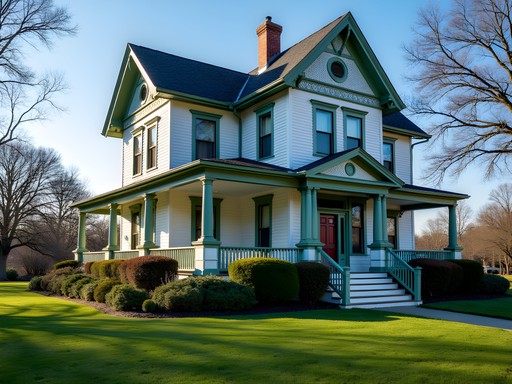
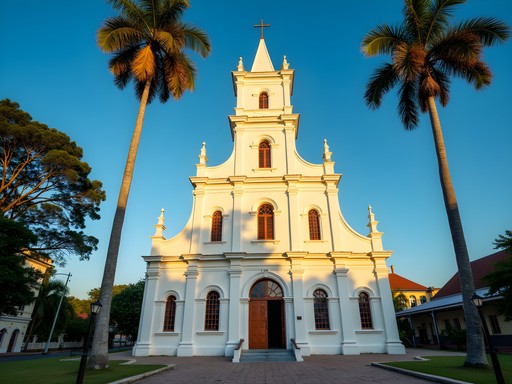
Comments
roamexplorer8089
Great post! Quick tip: wear proper shoes. Those medieval cobblestones are brutal on flip flops!
coolwanderer
Learned this the hard way 😅 My feet were killing me after day one!
sunsetguide
Those golden hour photos are STUNNING! 😍 The way you captured the light hitting the medieval walls... wow! I'm planning my first trip to Greece next spring and just added Rhodes to my itinerary because of this post. Did you find 3 days enough to explore the Old Town thoroughly?
Violet Marshall
Thank you! 3 days is good for the basics, but I could've easily spent 5 just in the Old Town. There are so many little museums and hidden corners to discover!
roamexplorer8089
Definitely plan for 4-5 days if you can. The Old Town deserves unhurried exploration. Don't miss the walk along the walls at sunset!
Megan Martin
Violet, your section on the hidden courtyards brought back so many memories! When I visited Rhodes for a business conference last year, I escaped every evening to explore the Old Town. That tiny courtyard café behind the Archaeological Museum became my sanctuary. I'd add that the Museum of Modern Greek Art is worth visiting too - it's spread across three buildings in the Old Town and provides a fascinating contrast to all the medieval architecture. For anyone planning a visit, I found that having a good map is essential as GPS gets confused in those narrow streets. I used pocket guidebook which had excellent Old Town maps.
coolwanderer
Your tip about visiting early morning before cruise ships arrive is GOLD! I made the mistake of going mid-day last summer and could barely move through the Street of Knights. Those morning shadows across the cobblestones sound magical - definitely planning my next visit for sunrise. Did you find any good breakfast spots for early birds?
Violet Marshall
Thanks! There's a small bakery just off Hippocrates Square that opens at 6:30am - amazing spanakopita and strong Greek coffee. Perfect fuel for early exploration!
coolwanderer
Perfect! Adding it to my list for May trip. Thanks!
islandrider
Great post! Just got back from Rhodes and would add that the Jewish Quarter is often overlooked but has some of the quietest and most atmospheric streets. The Sea Gate at sunset is magical too - all the locals come out for evening walks. For anyone going, don't miss the tiny bakery on Pythagora Street - their honey pastries are incredible and they've been using the same recipe for over a century!
Jean Wells
Violet, your writing captures the essence of Rhodes Old Town beautifully. As someone who has studied medieval architecture extensively, I was particularly impressed by your observations about the Knights' influences. One thing visitors often miss is examining the stonemason marks on the Street of the Knights - these tiny symbols tell us exactly which guilds worked on which sections. I spent three days last year photographing these marks for a research project. For anyone interested in photography there, I found my compact tripod essential for low-light shots in those narrow streets and interior spaces. The preservation work happening in the northwest quadrant is fascinating - they're using traditional methods to restore the walls. Worth checking out if you're interested in conservation!
Violet Marshall
Jean, I completely missed the stonemason marks! What a fascinating detail - definitely something to look for on my next visit. Your research sounds incredible. Would love to see some of those photos sometime.
escapebackpacker
Those mason marks sound cool! Any particular section where they're most visible?
Jean Wells
The best examples are on the lower portions of the Grand Master's Palace exterior and along the western stretch of the Street of Knights. Morning light makes them easier to spot!
escapeexplorer
Your section on hidden courtyards brought back so many memories! We stumbled upon this tiny garden café behind an unmarked door near the Archaeological Museum. The owner was a descendant of a family that's lived there for generations and showed us old photos of the town from the 40s. Rhodes has so many secrets if you're willing to wander off the main streets. Did you try soumada at any of the old cafés? That almond drink was my addiction while there!
Violet Marshall
That café sounds amazing! I wish I'd found it. And yes to soumada - I became slightly obsessed too! Did you try it with a splash of soda water? Game changer in the afternoon heat.
oceanmaster
Heading there in October - do you think it will still be crowded with cruise ships? Any specific time to avoid the tour groups?
islandrider
Not Violet, but I was there last October. Much quieter than summer! Cruise ships still come but fewer. Before 10am and after 4pm was peaceful in most areas.
oceanmaster
Thanks for the tip! Early mornings it is then!
escapebackpacker
Those morning shots without the crowds are absolutely magical! Early bird gets the worm!
Violet Marshall
Thanks! I was up at 5:30am most days - totally worth the early alarm!
escapebackpacker
Dedication pays off! Did the same in Dubrovnik last year. Magic hour is the best.
dreamhero
Just got back from Rhodes and your post was my BIBLE!!! Those hidden courtyards you mentioned were magical - especially the one with the orange trees near the synagogue! We found this amazing little family taverna down a tiny alley off the Street of the Knights called 'To Marouli' where the grandma makes dolmades that literally made me cry they were so good. Also stumbled upon a rooftop bar called 'Mετέωρο' with insane sunset views over the medieval walls. DEFINITELY worth the climb up those narrow stairs! Anyone heading there should try the local sweet wine with sesame cookies after dinner - perfect combo! Thanks for inspiring our trip! ❤️❤️❤️
Venture X
Premium card with 2X miles, $300 travel credit, Priority Pass